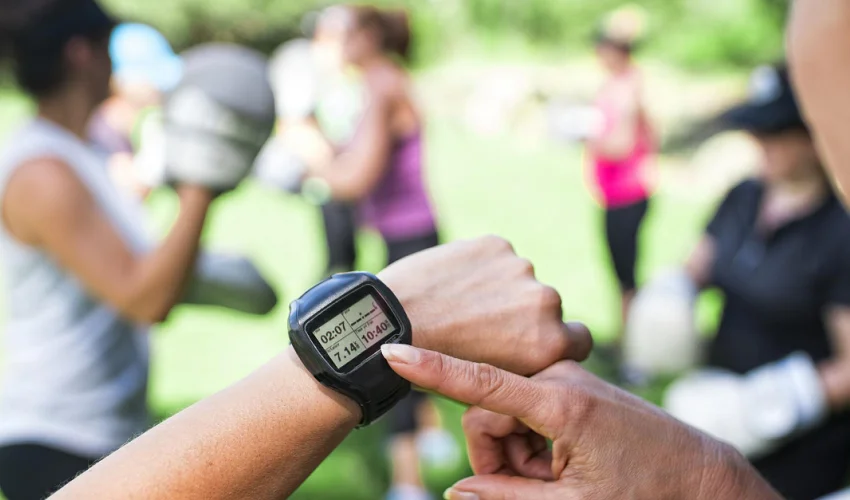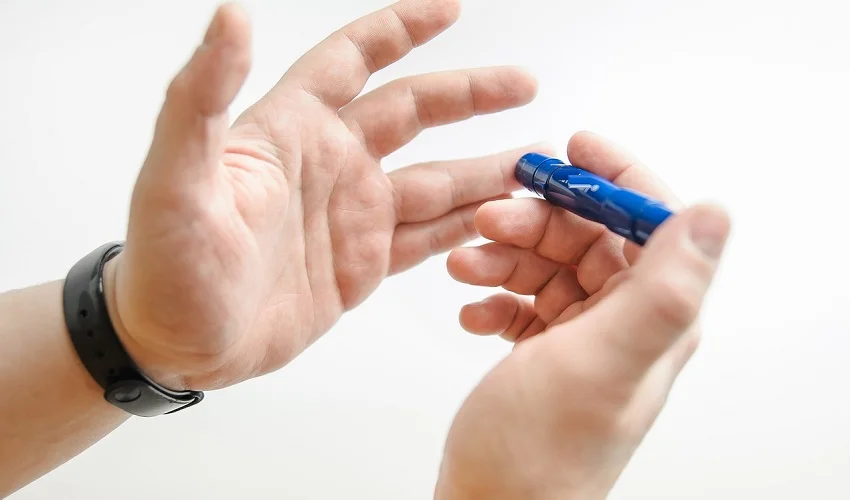Living with diabetes can pose unique challenges that extend beyond managing blood sugar levels and maintaining a healthy lifestyle. The impact of diabetes can also extend to personal relationships, including those with family members, friends, and romantic partners. Understanding and addressing these challenges is crucial to maintaining a high quality of life for individuals with diabetes. This article aims to explore the various ways in which diabetes can affect personal relationships, and provide guidance on navigating these challenges and building resilience.
The Impact of Diabetes on Personal Relationships
Living with diabetes can bring about significant changes in a person’s life, affecting their emotional well-being and interpersonal dynamics. This section will discuss the ways in which diabetes can impact personal relationships, including:
Emotional Impact
Living with diabetes can lead to emotional distress, anxiety, and depression. The constant management of blood sugar levels, potential complications, and lifestyle adjustments can take a toll on a person’s mental health. These psychological factors can strain relationships and create communication barriers. It is important for both individuals with diabetes and their loved ones to recognize and address the emotional impact of the condition.
Lifestyle Adjustments
Diabetes management often requires significant lifestyle adjustments, including dietary changes, medication regimens, and physical activity. These adjustments may affect social activities and routines, leading to conflicts or feelings of exclusion. Individuals with diabetes may need to plan meals, count carbohydrates, and avoid certain foods or drinks. These changes can disrupt social gatherings or cause frustration among loved ones. Understanding and accommodating these lifestyle adjustments can foster a supportive environment within personal relationships.
Role Changes and Dependence
In some cases, diabetes can lead to role changes within relationships. The person with diabetes may become dependent on others for support or assistance, especially during times of hypoglycemia or when managing diabetes-related complications. This shift in dynamics can impact both the person with diabetes and their caregivers. Recognizing and adapting to these changes can help maintain a healthy balance within personal relationships.
Communication and Diabetes
Effective communication plays a crucial role in maintaining healthy relationships, particularly when diabetes is involved. This section will focus on strategies for open and effective communication:
Education and Awareness
Both individuals with diabetes and their loved ones should strive to educate themselves about the condition. Understanding the basics of diabetes, including its symptoms, treatment options, and management strategies, can promote empathy and enable more effective communication. Being informed about the challenges and potential complications of diabetes can help loved ones provide the necessary support and understanding.
Active Listening
Listening attentively and empathetically is essential when discussing concerns, frustration, or fear related to diabetes. Allowing each person to express their emotions and concerns can strengthen the relationship and build trust. Active listening involves providing undivided attention, asking clarifying questions, and avoiding judgment or interruption. By actively listening, individuals can better understand each other’s perspectives and foster a supportive environment.
Expressing Needs and Concerns
Openly expressing one’s needs and concerns is vital in ensuring that both parties feel heard and understood. This includes discussing the emotional impact of diabetes, as well as practical matters related to management. Individuals with diabetes should feel comfortable expressing their fears, frustrations, or limitations, while their loved ones should openly communicate their own concerns or questions. Creating a safe space for open dialogue can strengthen relationships and alleviate misunderstandings.
Supporting Your Partner with Diabetes
For individuals in relationships with someone who has diabetes, offering support and understanding is essential. This section will provide guidance on how to provide effective support:
Empathy and Emotional Support
Acknowledging and validating the emotions experienced by the person with diabetes can help them feel understood and supported. Diabetes can be a challenging condition to manage, and individuals may experience frustration, guilt, or fear. Providing emotional support involves active listening, offering reassurance, and being empathetic. Expressing understanding and empathy can strengthen the bond between partners and foster emotional well-being.
Encouraging Self-Care
Encouraging and actively participating in healthy lifestyle choices can have a positive impact on the person with diabetes. This may involve engaging in physical activities together, assisting with meal planning, or joining them in doctor’s appointments. Supporting self-care routines and demonstrating a commitment to overall health can strengthen the relationship and foster a sense of partnership.
Respecting Boundaries
It is crucial to respect the autonomy and decisions of the person with diabetes. Each individual has their own way of managing their condition, and it is important not to be overbearing or controlling. Encourage their independence in managing their diabetes, while offering assistance and support when needed. Respecting boundaries helps to maintain trust and preserves the individual’s sense of agency.
Building Resilience as a Person with Diabetes
Individuals with diabetes can proactively build resilience to navigate the challenges in their personal relationships. This section will explore strategies for building resilience:
Self-Care and Emotional Well-being
Prioritizing self-care and emotional well-being is essential for managing diabetes and maintaining healthy relationships. Engaging in activities that reduce stress, such as exercise, mindfulness, or hobbies, can contribute to emotional well-being. Seeking support from healthcare professionals, joining support groups, or participating in counseling can also provide valuable tools for managing the emotional impact of diabetes.
Enhancing Diabetes Management Skills
Acquiring knowledge and skills related to diabetes management can boost confidence and empower individuals. Staying up-to-date with the latest treatment options, learning about new technologies, attending educational programs, or connecting with diabetes educators can provide valuable insights and strategies. Taking an active role in managing diabetes can increase self-confidence and improve overall well-being.
Seeking Professional Help
In some cases, seeking professional help from therapists or counselors can be beneficial for both individuals with diabetes and their loved ones. Professional guidance can provide tools for effective communication, emotional support, and coping strategies. Therapy sessions can create a safe and non-judgmental environment for individuals to express their concerns, gain insights, and develop effective strategies for managing diabetes and its impact on personal relationships.
Living with diabetes presents unique challenges for personal relationships, but with understanding, open communication, and support, these challenges can be navigated successfully. By prioritizing empathy, education, and self-care, individuals with diabetes and their loved ones can build resilience and strengthen their relationships. Remember, diabetes does not define a person or their relationships; it is a condition that can be managed effectively with the right support and knowledge.




